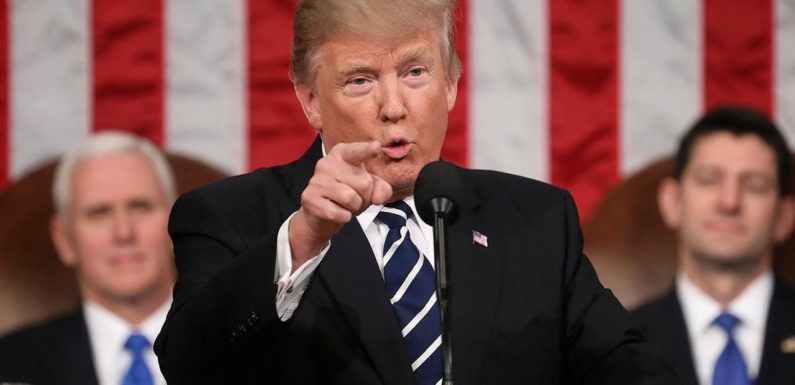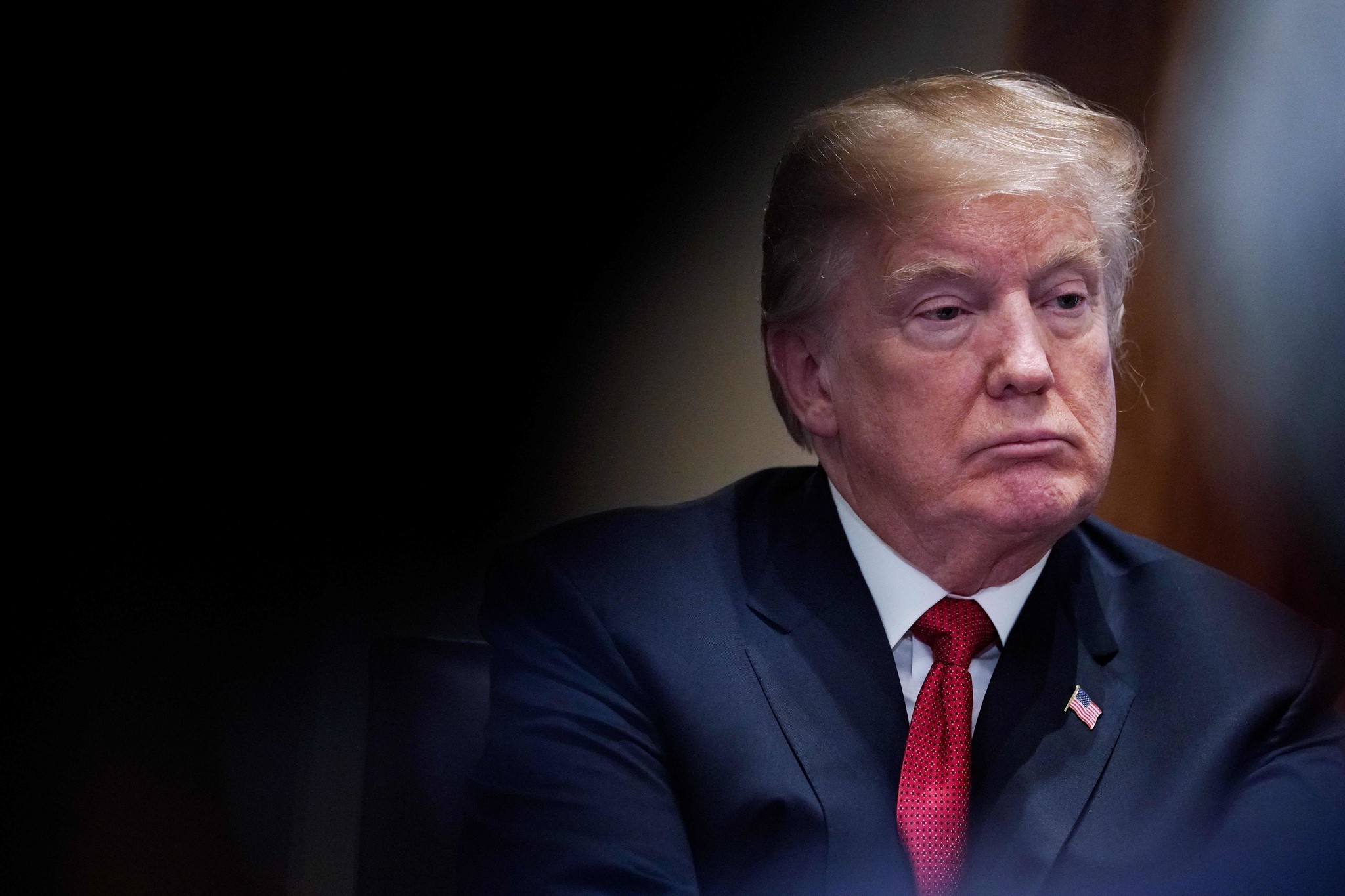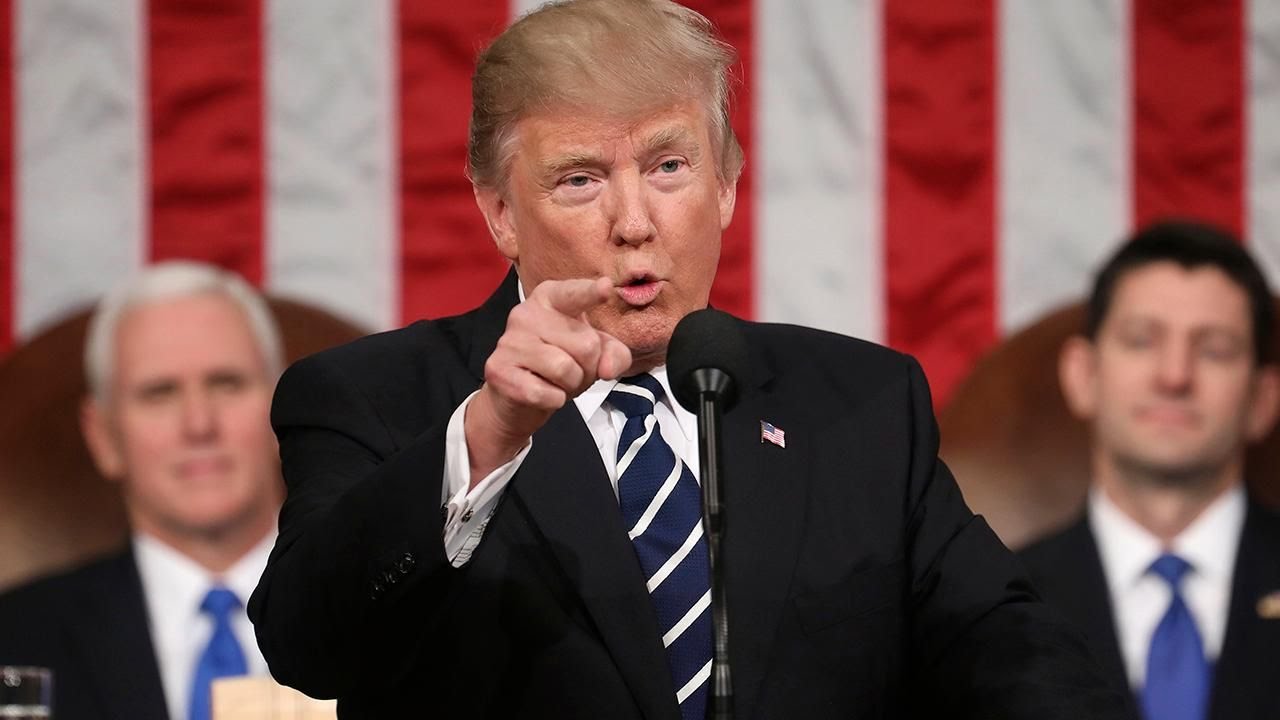
 President Trump on Monday will offer a budget plan that falls far short of eliminating the government’s deficit over 10 years, conceding that huge tax cuts and new spending increases make this goal unattainable, three people familiar with the proposal said.
President Trump on Monday will offer a budget plan that falls far short of eliminating the government’s deficit over 10 years, conceding that huge tax cuts and new spending increases make this goal unattainable, three people familiar with the proposal said.
In 2013, Ryan proposed $4.6 trillion in cuts over 10 years, an amount he said was sufficient to eliminate the deficit. Those changes were not adopted by Congress or supported by the Obama administration.
The White House and GOP leaders have largely jettisoned goals like this since Trump took office last year. Trump’s budget plan will call for a range of spending cuts that reduces the growth of the deficit by $3 trillion over 10 years, but it would not eliminate the deficit entirely, said the people familiar with the proposal, who spoke on the condition of anonymity to discuss the plans before they’re publicly unveiled.
House Speaker Paul Ryan (R-Wisc.), when he used to chair the House Budget Committee, routinely proposed tax and spending outlines that would eliminate the deficit over 10 years,
A vocal minority of GOP lawmakers have complained about this shift, but they proved no match for the bulk of the party last week when spending levels for the next two years were expanded.
Still, when Trump proposes a budget that falls far short of eliminating the deficit, it could heighten complaints from conservatives who have said the Republican party has strayed too far.
In June, the Congressional Budget Office projected the U.S. government would run deficits of roughly $10 trillion over the next decade. Since that report, Congress passed a tax cut law that is projected to add at least $1 trillion to the debt over 10 years, and last week Congress agreed on roughly $500 billion in new spending measures over the next two years.
Even after accounting for the $3 trillion in cuts they will offer, the White House is expected to project the economy will grow at a much stronger clip than many economists believe will occur. The faster the economy grows, the more tax revenue will increase, helping offset spending.
The White House is looking at ways to curb these programs by expanding work requirements for beneficiaries, but it is unclear how much money changes like this would save or whether it would find enough political support.

